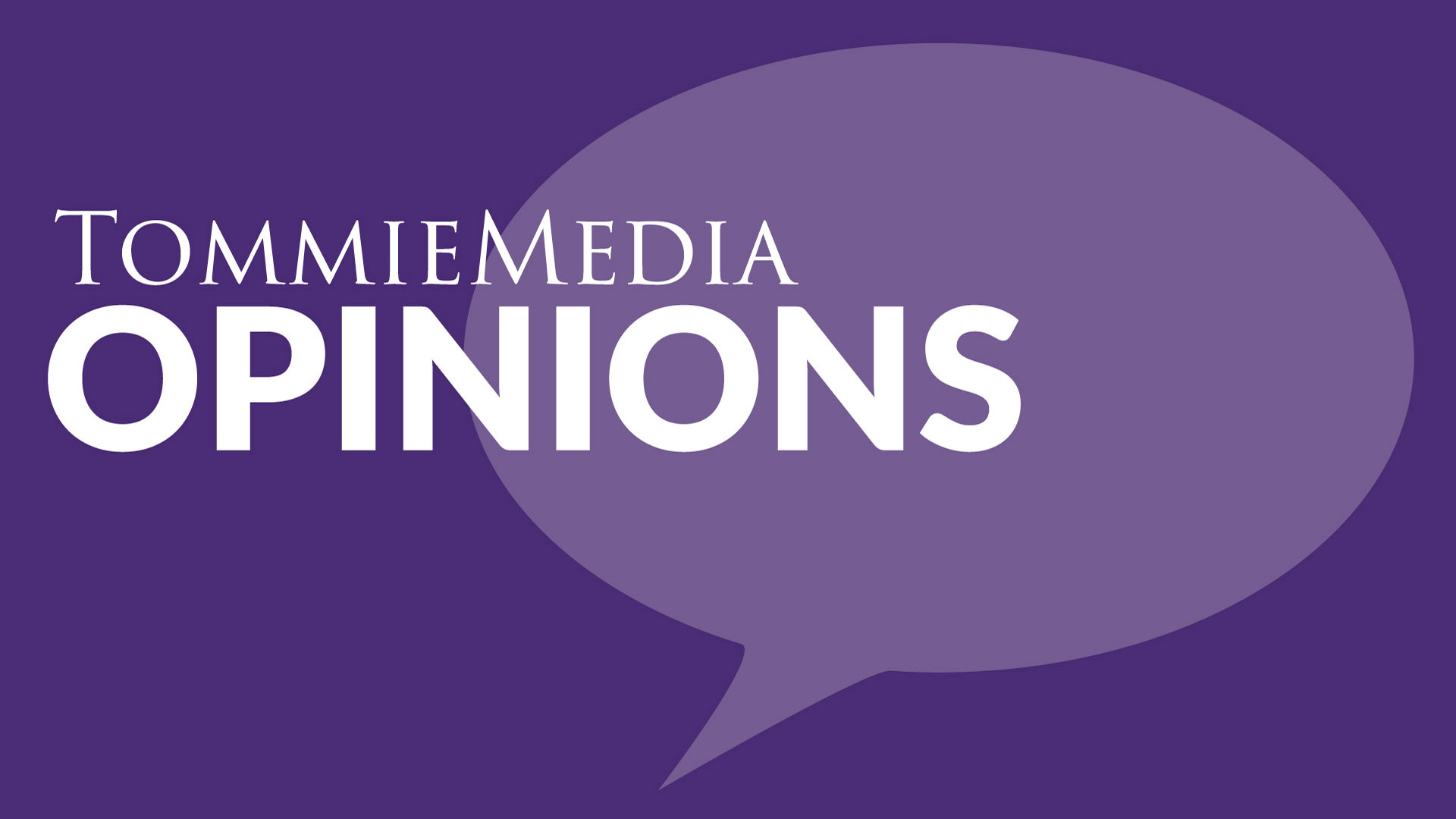Many people take the ability to say what we’d like in public spaces for granted. We have a constitutional right protecting us while we stand up for what we believe in. As citizens of a free country, it is our duty to support those discriminated against with protest and action.
Recently, the TommieMedia staff was visited by the World Press Institute, a group of journalists from all over the world. They had just finished an extended tour of the largest news outlets in the United States, including the Miami Herald, the New York Times and San Francisco Chronicle, among many others.
They told us what stuck out to them as they learned about how we report news in this country and shared how their experiences as journalists in their native countries, such as Brazil, Finland, the Balkans and India differed from the experience of journalists working in the United States.
At one point during the meeting, a female journalist demanded our attention and explained to us how rare it is for journalists to be constitutionally protected in their right for free speech. She explained that many of the journalists before us risked their careers and lives to report accurately. In the United States, we not only have the right to free speech, but we have the right to protest – another action that would be punished with jail or death in much of the world.
After the third racial incident in three years concerning the same slur, the students, faculty and staff of St. Thomas are responding with bravery and determination, including public protests. In both response events led by the Black Empowerment Student Alliance and Asian Students In America Club, students are actively showing our community that they have power to make change. Respectful protesting is a pillar of democracy, and as college students in the face of adversity, it is essential to stand up for those being discriminated against.
Local events are easy to see, and simply supporting the cause by showing up is impactful.
According a survey from the Higher Education Research Institute, about 40 percent of students said “becoming a community leader is a ‘very important’ or ‘essential’ life objective for them.” About 60 percent incoming first-year college students “rated improving their understanding of other countries and cultures as just as important.”
We are a generation with more information at our fingertips than any other, and it is our job to take advantage of that. The media allows us to keep up on current events, and the news is full of people asking for help. Contrary to want we want to believe, people are still treated to this day as they were hundreds of years ago, and marginalization is still alive and well. We need to show up for people to advance the common good.
Anna Hoffman can be reached at hoff0001@stthomas.edu.



